- News
-
-
-
-
-
Latest News Articles
- 2024 TWS Elections: Southwest Representative April 25, 2024
- Can these butterflies fill the gap left by their extinct relative? April 25, 2024
- Q&A: TEK and the wildlife profession April 24, 2024
-
-
-
- Wildlife Professional Resources
-
- Our Network
-
- PUBLICATIONS
-
-
Recent Posts
-
 The Wildlife Professional November/December Issue
November 1, 2023
The Wildlife Professional November/December Issue
November 1, 2023
-
-
-
-
-
-
- Wildlife Events
-
-
-
Upcoming Webinars
- No Events
-
-
-
- Who We Are
-
Tag: bumblebees
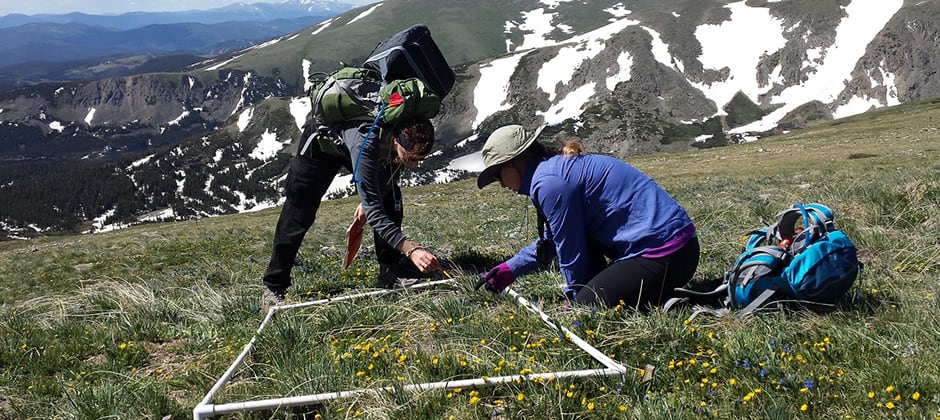
September 20, 2022
Climate change is disrupting bumblebee communities
A warming climate is contributing to the decline of some alpine bumblebees and moving some subalpine populations to higher elevations. Historically in the Rocky Mountains, two species of bumblebees stayed...
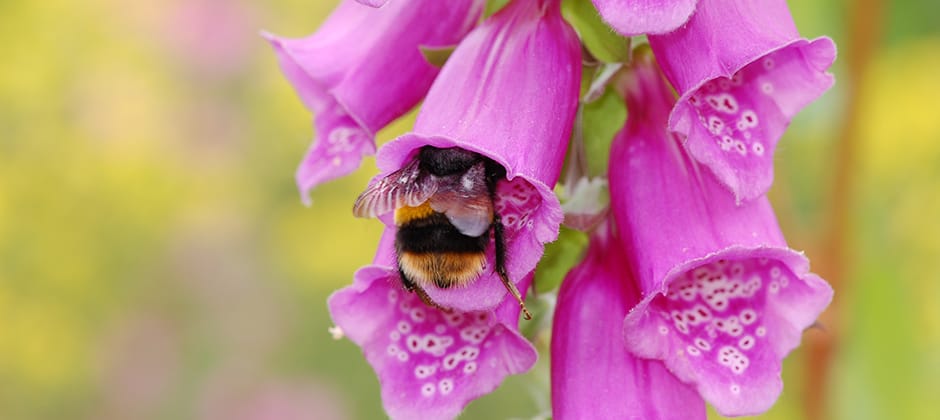
December 13, 2021
Tool helps landowners design for bumblebees
Farmers and other landowners have a new tool in their tool belt to help their properties attract important pollinators. Bumblebees are responsible for a lot of pollination throughout the world....
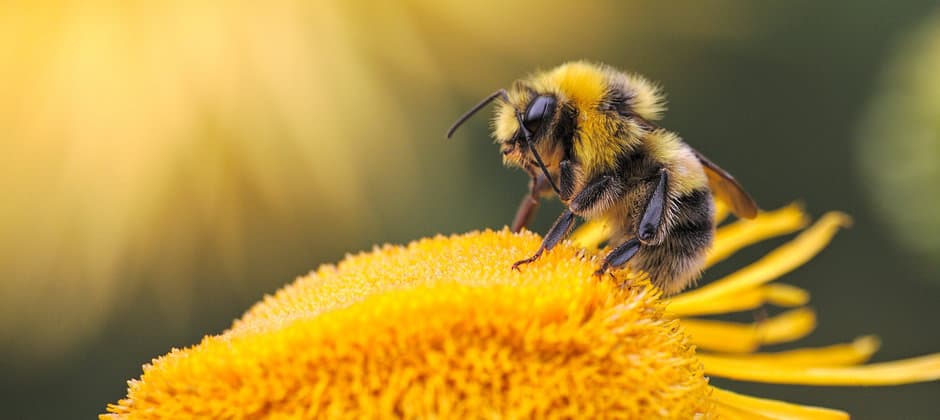
June 5, 2020
Bumblebees bite leaves to work around climate change
Bumblebees are taking a bite out of the negative impacts of climate change by prompting plants to pollinate sooner. According to new research published in the journal Science, bumblebees that...
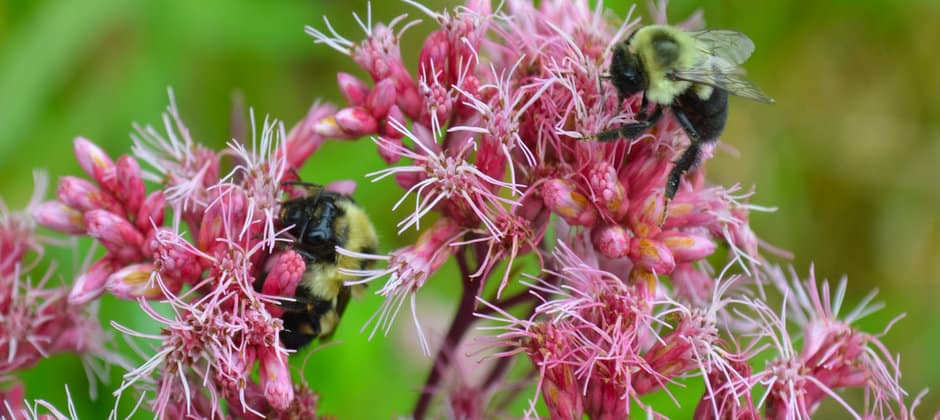
May 26, 2020
Flowers bring forage — and infection — to bees
While planting flowers can increase foraging opportunities for common eastern bumble bees, researchers found some of those flowers are associated with higher pathogen infection rates in the bees. Pollinator species...
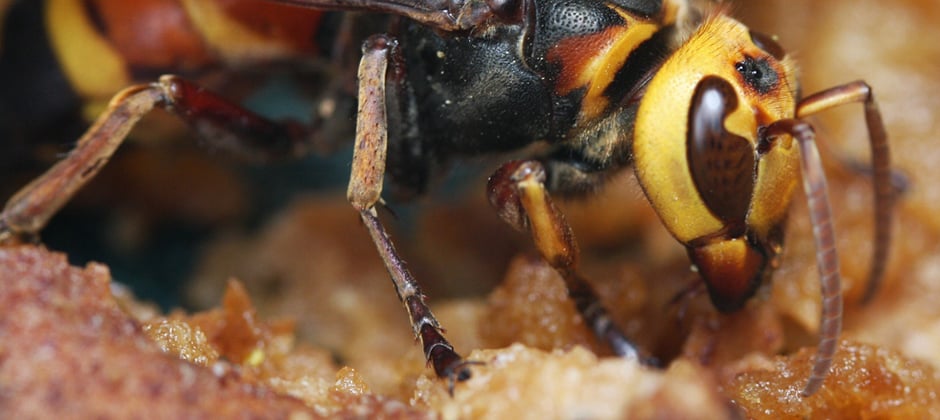
May 12, 2020
‘Murder hornet’ poses risk to native bees, honeybees
Ever since the New York Times reported on the arrival of the Asian giant hornet (Vespa mandarinia) in North America, alarms have been sounding about the so-called “murder hornet.” So...

February 11, 2020
Climate change driving bumblebee declines
The likelihood of bumblebee populations surviving in a given place has declined by more than 30%, according to new research, and researchers point to climate change as the prime reason....
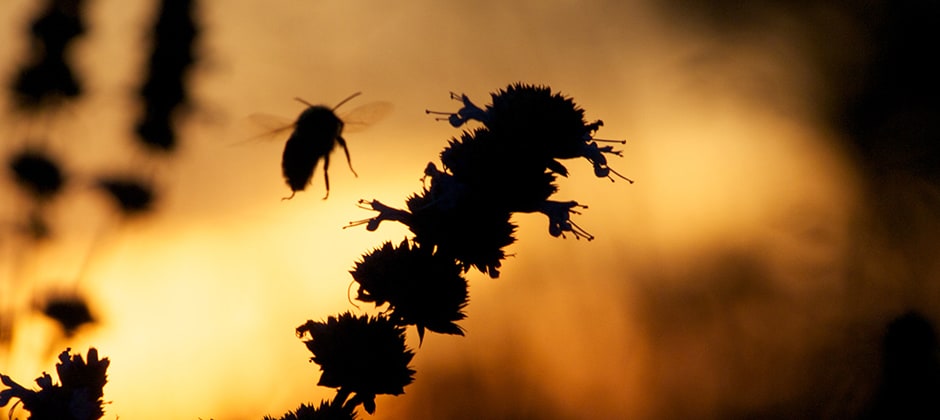
August 7, 2019
What’s killing bumblebees? It could be the trees
A search for the cause of massive bumblebee (Bombus spp.) deaths has reached some surprising conclusions. The culprit may not be humans. It may be the trees. “Not every dead...
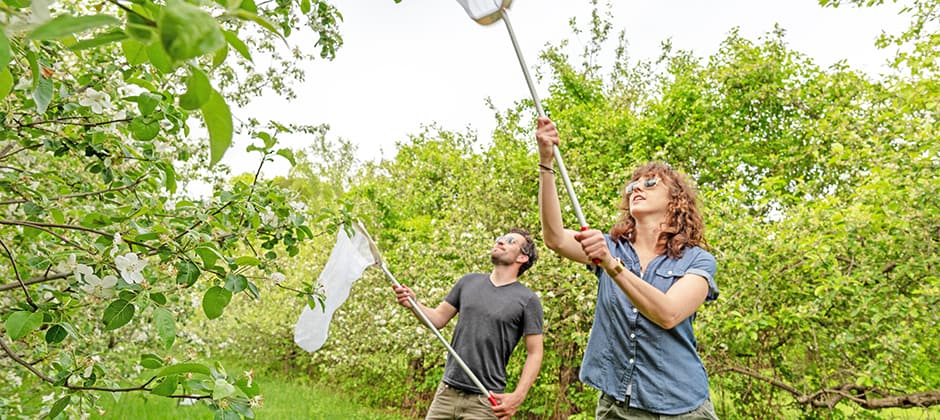
July 12, 2019
Honeybees spread viruses to wild bees through flowers
Just as doorknobs can spread the flu from one person to another, sharing flowers with honeybees may cause wild bumblebees to contract a pair of deadly viruses. “We know that...
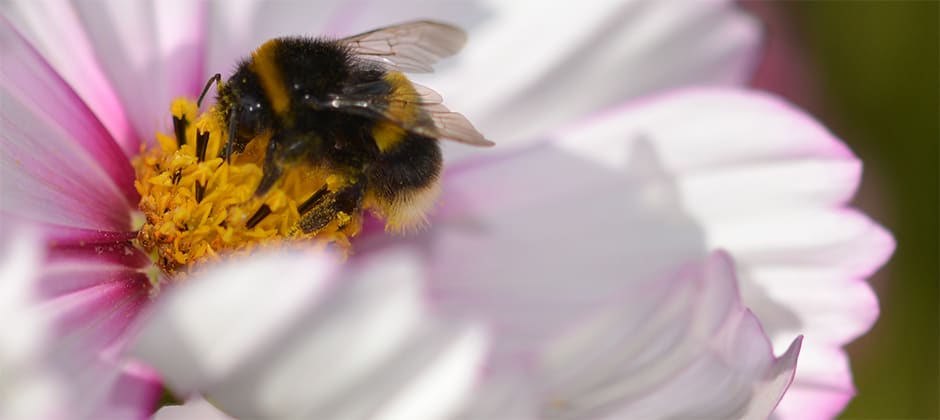
April 22, 2019
European Union plans to ban common pesticides
The European Union plans to ban one of the most common pesticides in the world due to concerns about the pesticide posing a high risk to amphibians and fish as...

July 9, 2018
City bumblebees fare better than those on farms
Bumblebees that live in cities and villages seem to be faring better than bumblebees using agricultural fields as habitat, according to new research. To determine how the bees were faring...

